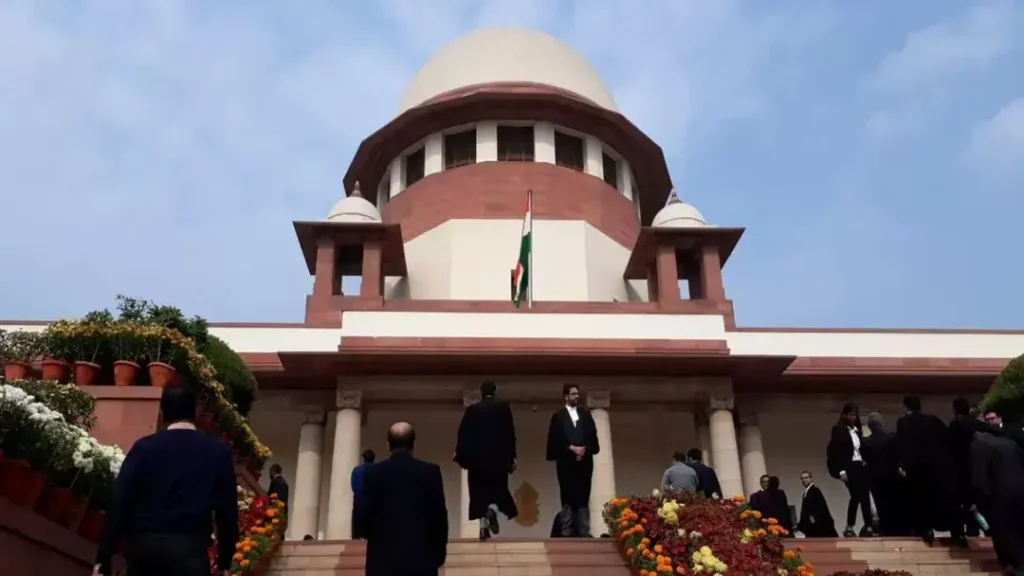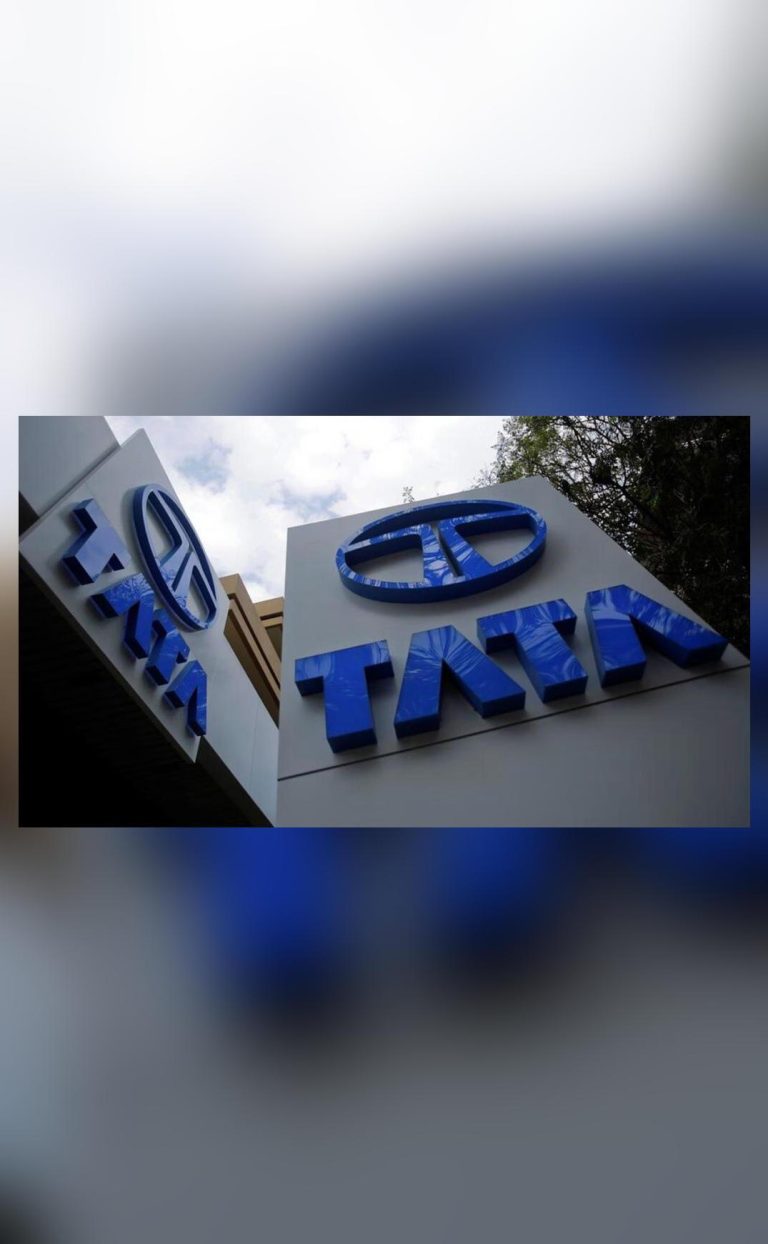
MMRDA Scraps ₹14,000 Crore Tender After SC Rap in L&T Plea
In a significant development, the Mumbai Metropolitan Region Development Authority (MMRDA) has scrapped the tender for two major infrastructure projects worth ₹14,000 crore, following a rap from the Supreme Court. The projects, which were initially awarded to Hyderabad-based Megha Engineering, were cited as being in the public interest.
The move comes after Larsen & Toubro (L&T), a leading construction company, moved the Supreme Court alleging unfair disqualification from the tender process. L&T claimed that despite offering a lower bid than Megha Engineering, it was disqualified from the process, citing technical reasons.
The Supreme Court, while hearing L&T’s plea, expressed concerns over the tenders being awarded allegedly in an unfair manner. The court’s observation likely prompted MMRDA to take the decision to scrap the tenders and start the process anew.
The two projects, worth ₹14,000 crore, were part of the MMRDA’s ambitious plan to develop the city’s infrastructure. The projects included the construction of a 16.5-kilometer-long metro line and a 10-kilometer-long elevated road, which were expected to improve connectivity and reduce congestion in the city.
The controversy surrounding the tender process began when L&T, which is a reputable player in the construction industry, was disqualified from the bid despite offering a lower price than Megha Engineering. L&T had submitted a bid of ₹6,800 crore for the metro project, while Megha Engineering had bid ₹7,300 crore. Similarly, for the elevated road project, L&T had offered a price of ₹4,500 crore, while Megha Engineering had bid ₹5,100 crore.
L&T had alleged that the disqualification was unfair and was carried out despite its bid being lower than Megha Engineering’s. The company had approached the Supreme Court seeking justice and a fair hearing.
The Supreme Court’s intervention in the matter has sent a strong message to the authorities and project proponents that fair and transparent processes are essential in the award of contracts. The court’s decision to scrap the tenders and start the process anew has also ensured that the public interest is protected and that the projects are awarded in a fair and transparent manner.
The MMRDA’s decision to scrap the tenders has also raised questions about the credibility of the tendering process and the role of the authorities in ensuring transparency and fairness. The move has also highlighted the need for the authorities to be accountable and transparent in their decision-making processes.
The controversy surrounding the tender process has also raised questions about the competence of the authorities to manage large-scale projects. The MMRDA’s decision to scrap the tenders has also cast a shadow over the authority’s ability to deliver projects on time and within budget.
In conclusion, the Supreme Court’s decision to scrap the tenders for the two major infrastructure projects worth ₹14,000 crore is a significant development in the context of the controversy surrounding the tender process. The move has ensured that the public interest is protected and that the projects are awarded in a fair and transparent manner. The controversy has also highlighted the need for the authorities to be accountable and transparent in their decision-making processes.






